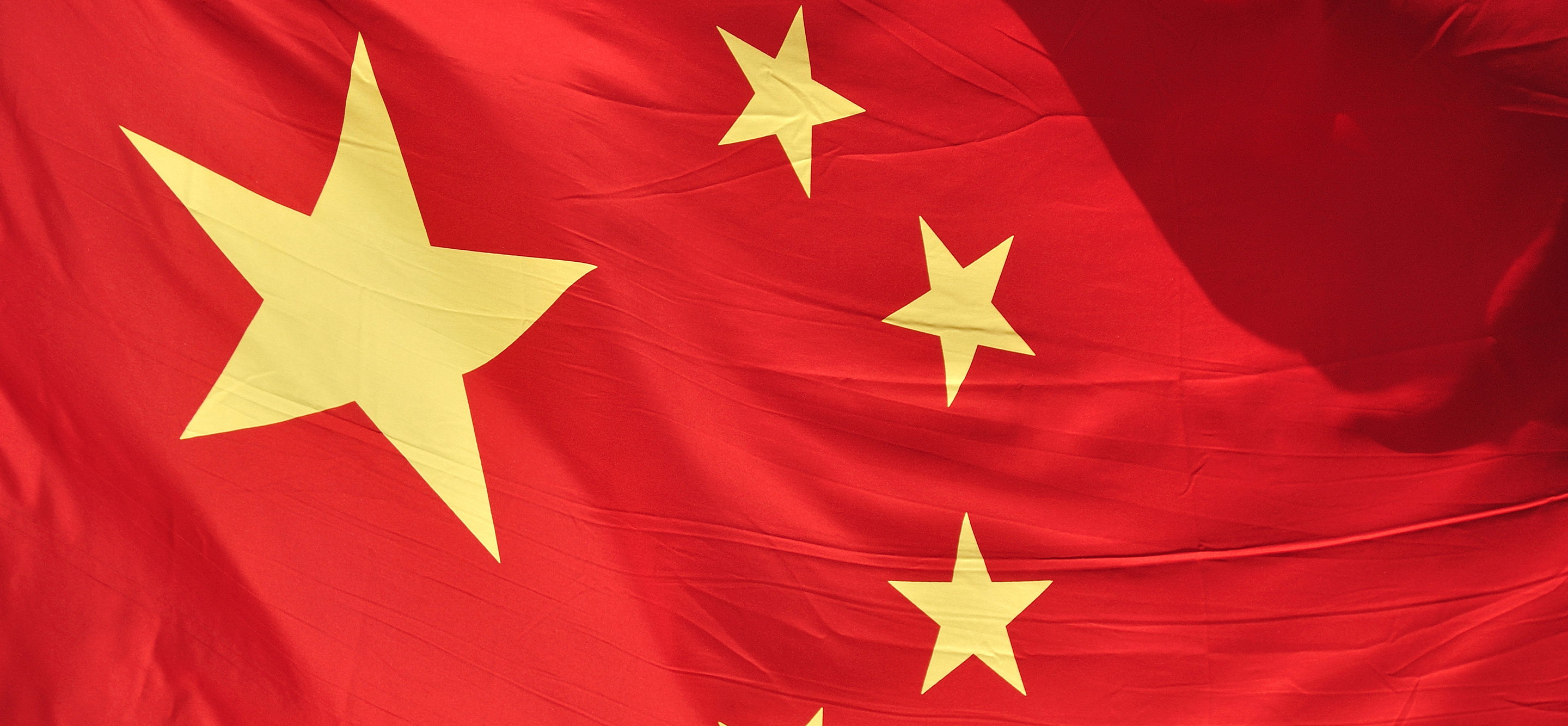Chinese Govt targets music in new censorship law

China continues to assert its moral and culturally diverse separation from the Western world with its Government’s announcement of further content regulations.
Focusing on music streaming specifically, Government officials have tightened their grip on the country’s exposure to entertainment and the ability to access what they deem as ‘Subversive Content’.
Starting next year, torrenting websites, streaming services and sanctioned outlets for music-based content will be required to implement intense filtering procedures that will see any categorised content banned from the country. Categorised content specifically refers to subversive or ‘morally damming’ influences that – by the Government’s judgment – doesn’t coincide with the nation’s general wellbeing.
China’s three biggest web servicing sites, Alibaba, Baidu, and Tencent will also be subject to the rigorous library-filtering regulations. The companies already have to censor their web content by employing large teams who are specifically required to erase sensitive online material.
The real effect will be the implementation of these new rules on servives without a presence in China. Spotify has yet to launch in China due to market saturation, however, Apple Music has tentatively established their service despite industry commentators highlighting the challenges faced.
Google shut down its Chinese music service in 2012 as the company reportedly refused to compete with the market’s oversaturation and high regulatory requirements. The impeding censorship rules complicate and add additional barriers to entry, as companies wishing to supply music services to China would undergo mountainous amounts of content review in an effort to remove content which falls in line with China’s definition of ‘harmful’ content.
Beyond the combing through of millions of songs, the burden that companies will need to endure relate to the China Communist Party’s concern for political sabotage by musical content that could jeopardise political stability in the country.
In August of this year, China banned 120 songs from the country mostly in the genre of hip-hop for being “morally harmful”. It’s no surprise that with such strong ties in freedom of speech and political commentary music is a paramount concern for Chinese officials regulating the nation’s influencers. Cultural divide aside, it will be interesting to see how major players in music services combat this new world of content clarification and library determination.






























